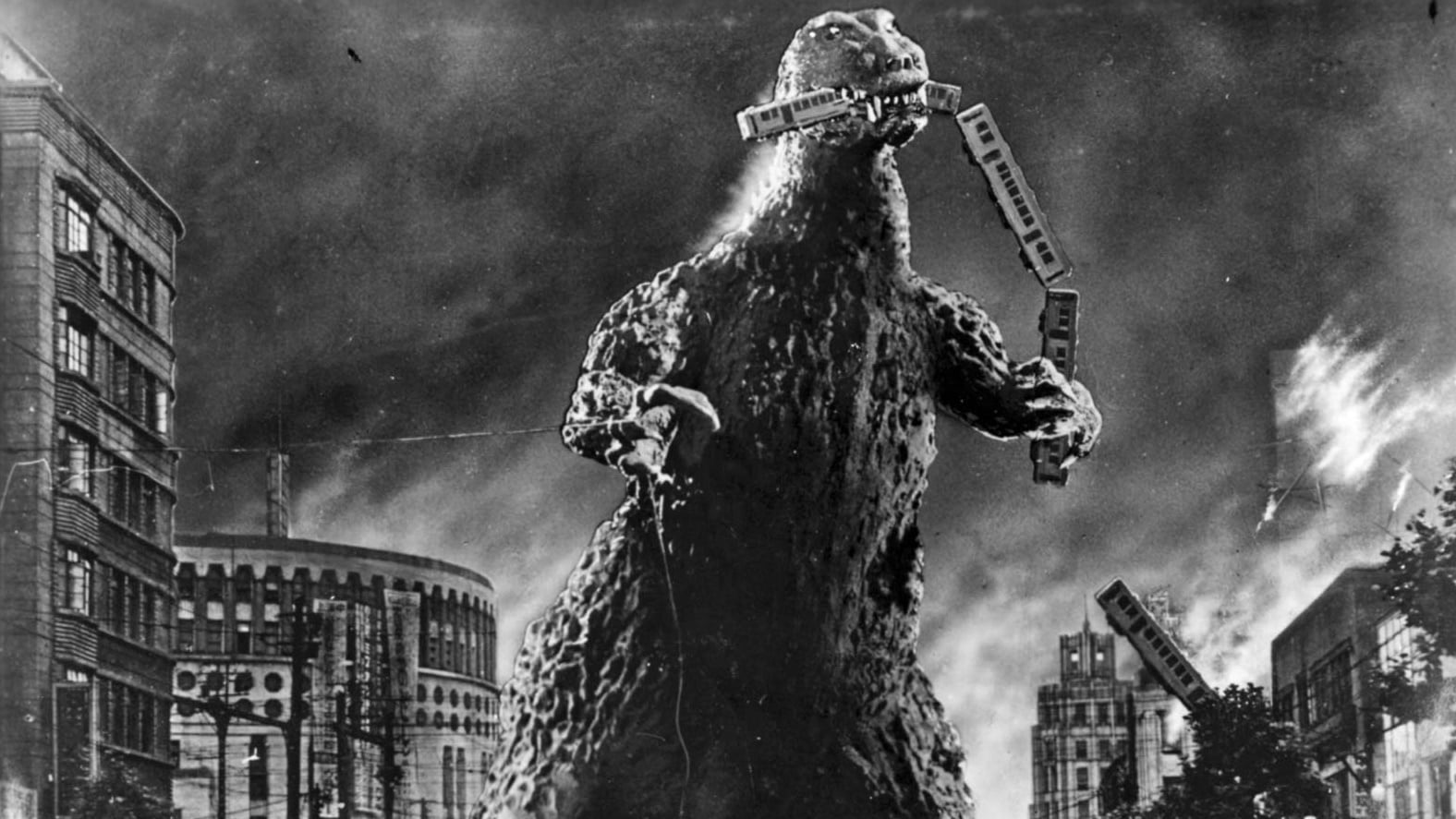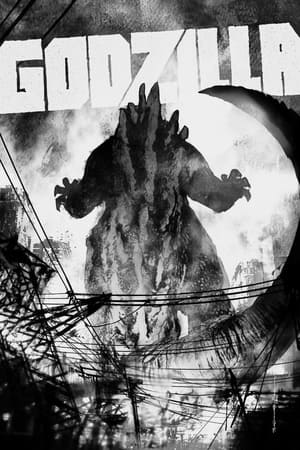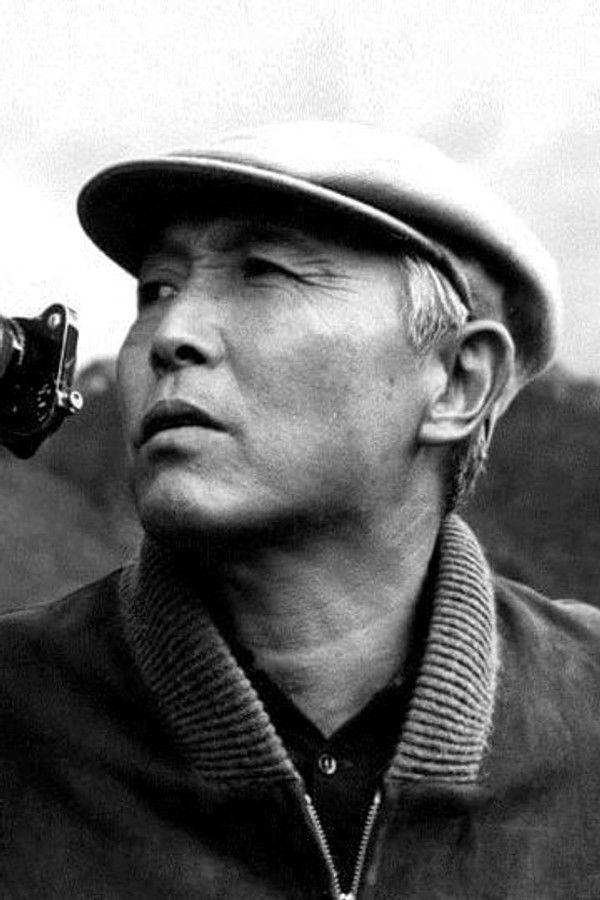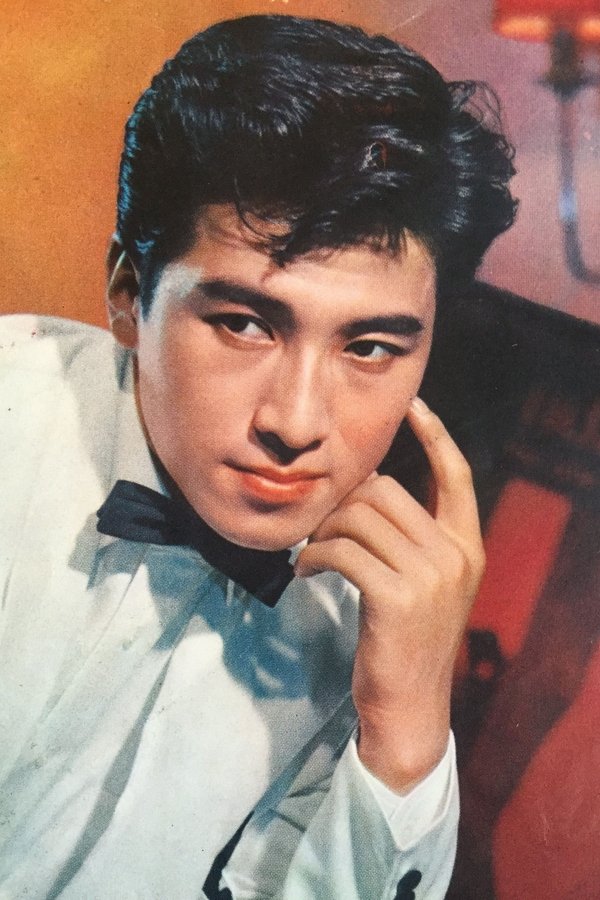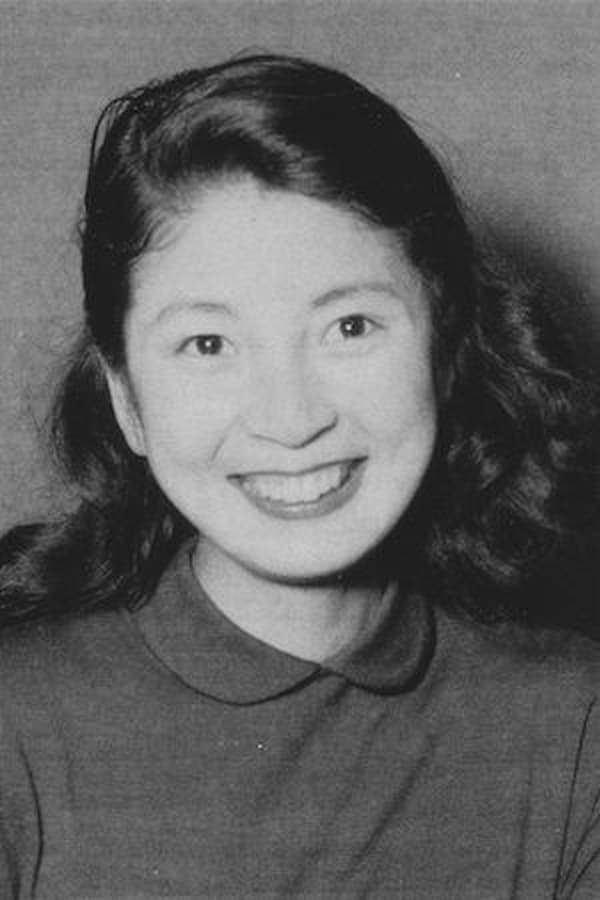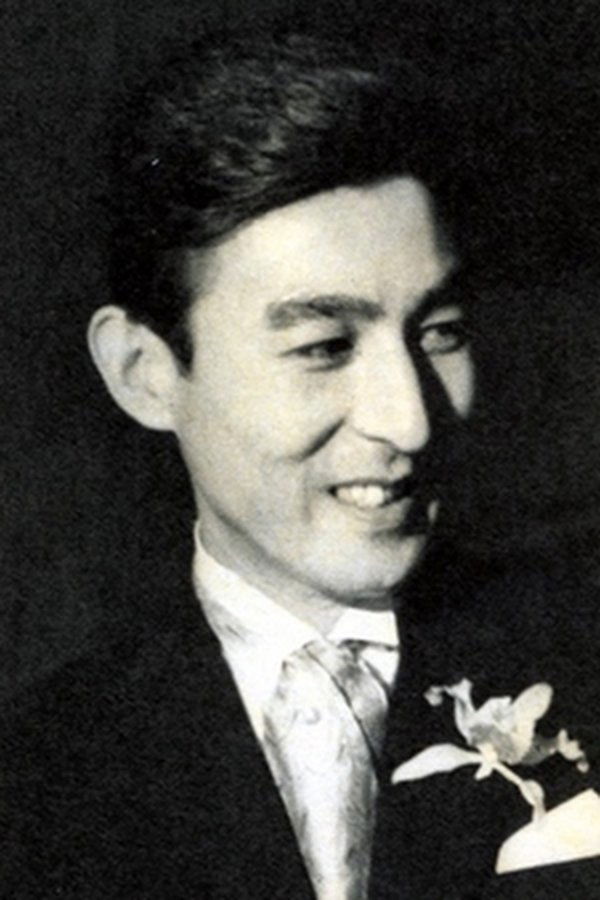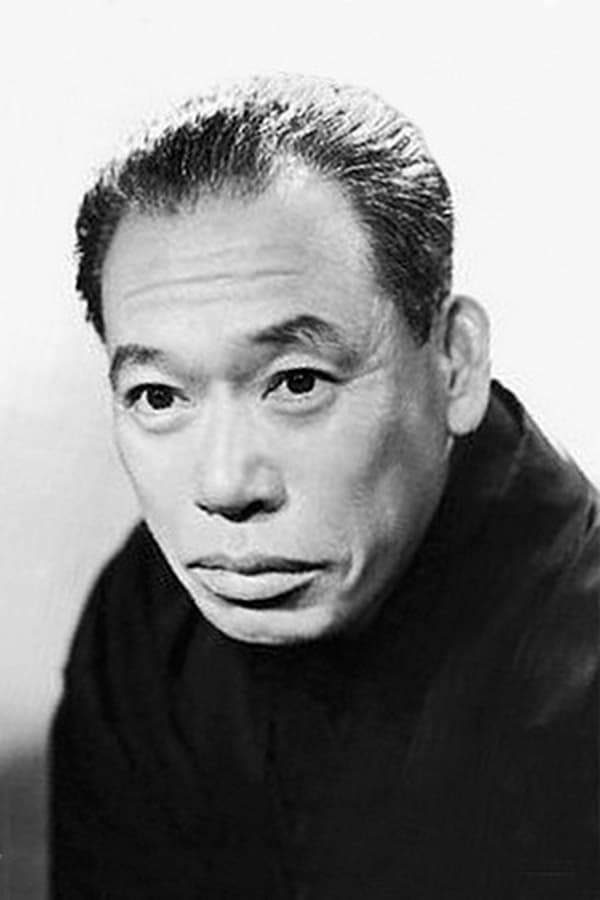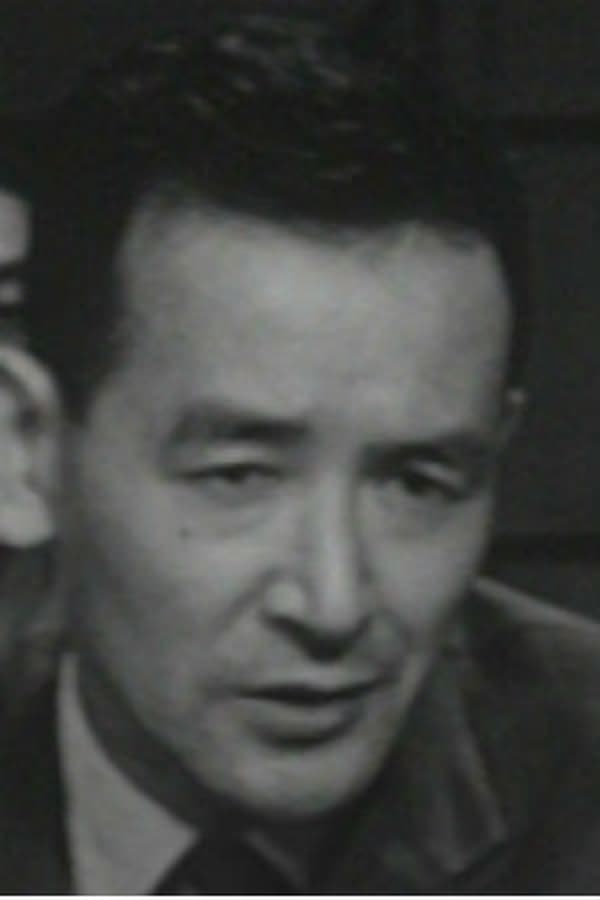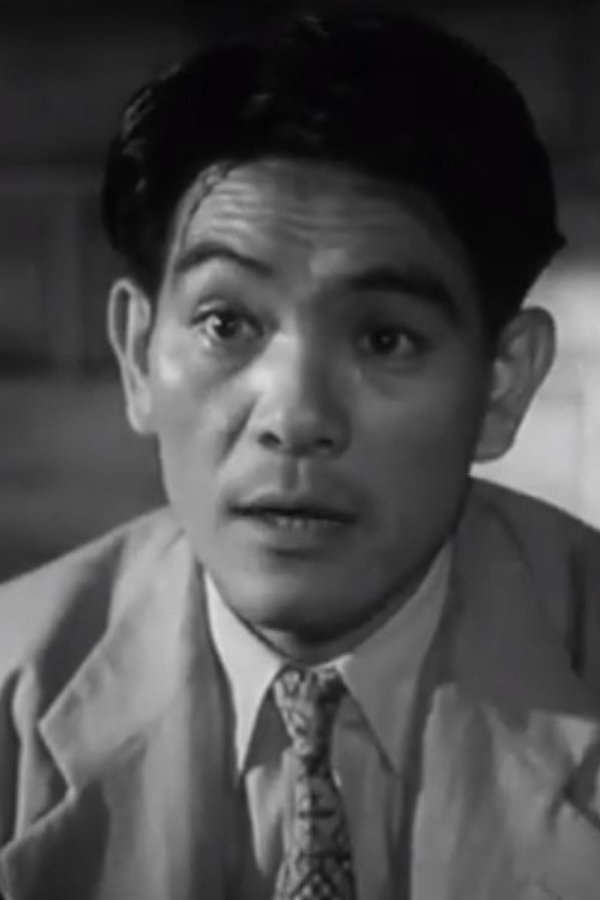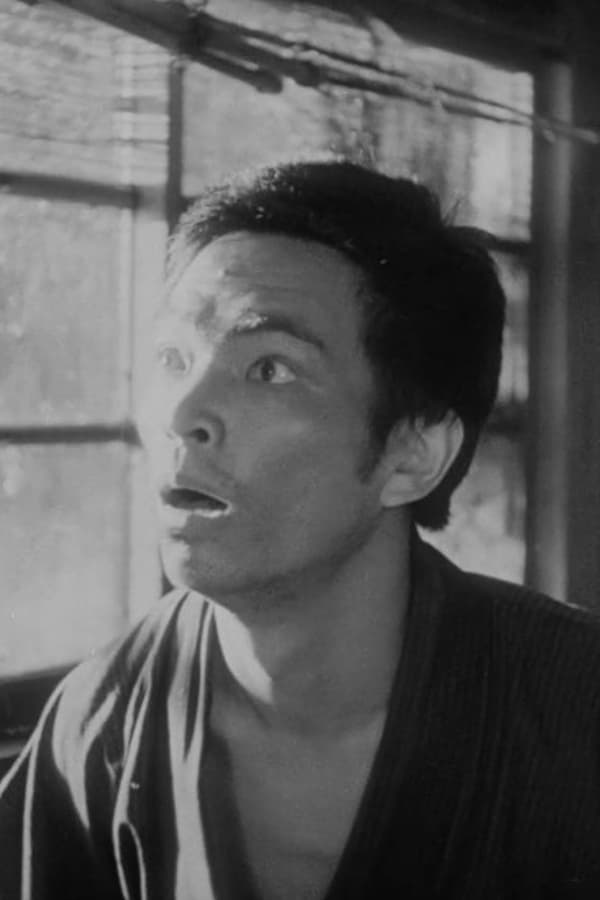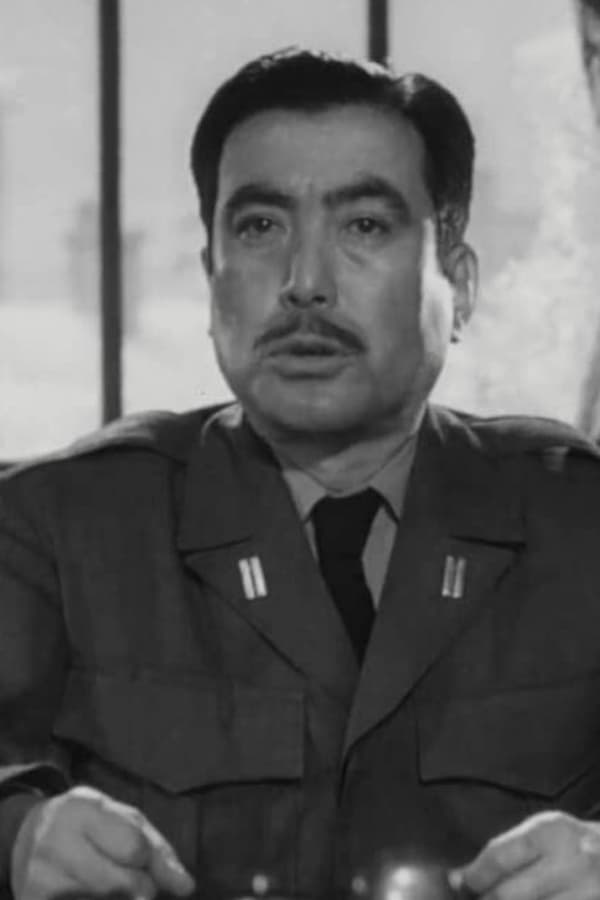(This article contains minor spoilers.)
On the morning of Easter Sunday, my housemates and I celebrated the start of spring with a brunch fit for Godzilla himself. We had everything: waffles, frittatas, bagels, fruit salad, cake, sausage, and three different kinds of bacon, including a vegan “bacon” that we’d never tried before. My housemate and I laughed as we prepared it. The stuff looks like a Looney Tunes character’s idea of bacon: perfectly rectangular with bright red “meat” and evenly-spaced white stripes. When I bit into a slice, though, I stopped laughing. Despite its objectively hilarious appearance, the vegan bacon tasted uncannily like the real thing. Sweet and salty, smokey and savory, it even nailed the texture with crisp edges and melt-in-your-mouth pockets of fat. “How can something look so stupid,” I wondered aloud, “and taste so good?”
That night, I found myself asking a similar question as I watched Godzilla vs. Kong on HBO Max. As a writer, I laughed at the cheesy dialogue and contrived plot. As a huge fan Ishirō Honda’s original Godzilla, I balked at the ongoing depoliticization of a character so deeply rooted in Japan’s post-war trauma. Nonetheless, I had more fun watching Godzilla vs. Kong than I’ve had in recent memory.
Early on, Godzilla vs. Kong asks the audience to check any disbelief at the door and take a lot of junk science at face value. The Hollow Earth theory—the belief held by many ancient cultures and some modern conspiracy theorists that our planet contains a hidden subterranean world rather than a molten core—is completely accurate. Okay. Godzilla and Kong originate from Hollow Earth and are biologically compelled to return there (“Like spawning salmon,” a character helpfully comments). Sure. The two monsters hate each other because their ancestors clashed, and that rivalry lives on in their genetic code to the point where they can detect each others’ proximity. Cool. Also, gravity inverts upon entry to Hollow Earth, but fortunately, the Obligatory Shady Corporation invented a vehicle that can safely transport humans through this gravitational disruption. How does it work? The film doesn’t elaborate, and honestly, who cares? Show us the monsters!
